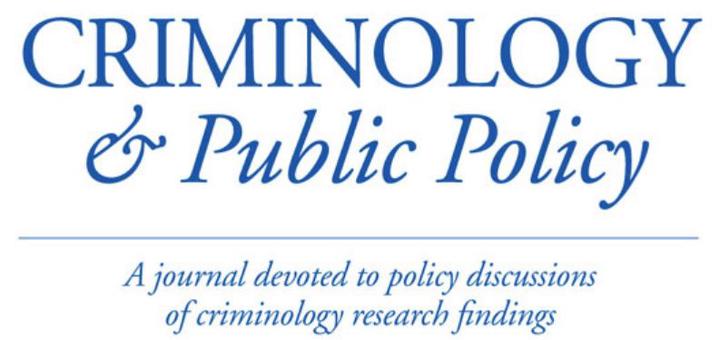Network exposure and excessive use of force: Investigating the social transmission of police misconduct

Abstract
Research Summary: In this study, we investigate how a police officer’s exposure to peers accused of misconduct shapes his or her involvement in excessive use of force. By drawing from 8,642 Chicago police officers named in multiple complaints, we reconstruct police misconduct ego-networks using complaint records. Our results show that officer involvement in excessive use of force complaints is predicted by having a greater proportion of co-accused with a history of such behaviors. Policy Implications: Our findings indicate officers’ peers may serve as social conduits through which misconduct may be learned and transmitted. Isolating officers that engage in improper use of force, at least until problematic behaviors are addressed, seems to be critical to reducing police misconduct and department-wide citizen complaints. Future studies should be aimed at investigating how social networks shape police misconduct and the ways network analysis might be used to diffuse intervention strategies within departments.